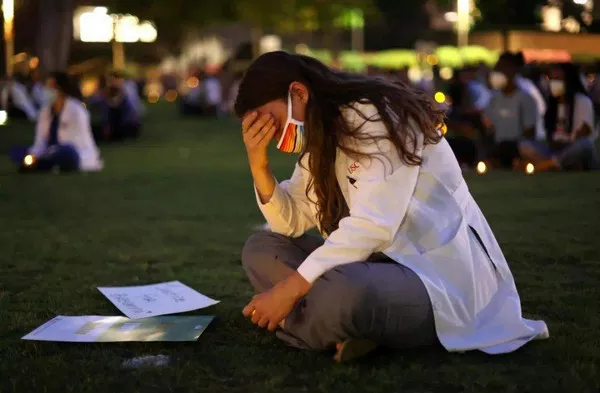The mental well-being of America’s youth is facing a critical juncture, with adolescents, teens, and young adults grappling with the aftermath of a global pandemic, navigating a divisive political and social landscape, and being the first generation exposed to social media throughout their lives.
According to Lee Savio Beers, MD, former president of the American Academy of Pediatrics and medical director for community health and advocacy at Children’s National Hospital in Washington, DC, the mental health challenges among children and teens were already a cause for concern before the pandemic. The ongoing global health crisis has only intensified these issues, pushing the mental health of the younger generation to a tipping point.
Rebecca Dudovitz, MD, an associate professor of pediatrics at the David Geffen School of Medicine at the University of California in Los Angeles, emphasizes that the mental healthcare system’s pre-existing limitations have become even more pronounced in the face of the escalating demand for services. The surge in mental health problems among children and teens has highlighted the inadequacy of the current system to meet the growing needs.
The isolation and fear induced by the pandemic, coupled with the complex socio-political environment, have created a challenging backdrop for the youth. These factors, compounded by the ubiquity of social media, contribute to a unique set of pressures and stressors. The accessibility of social media has presented both opportunities for connection and challenges, shaping the experiences of this generation in unprecedented ways.
As the mental health crisis looms, there are concerns that not every young person in need will have access to the necessary support. The inadequacy of the mental healthcare system, a longstanding issue, is now more glaring than ever. Addressing the mental health struggles of America’s youth requires a comprehensive and empathetic approach, recognizing the multifaceted nature of the challenges they face.




























